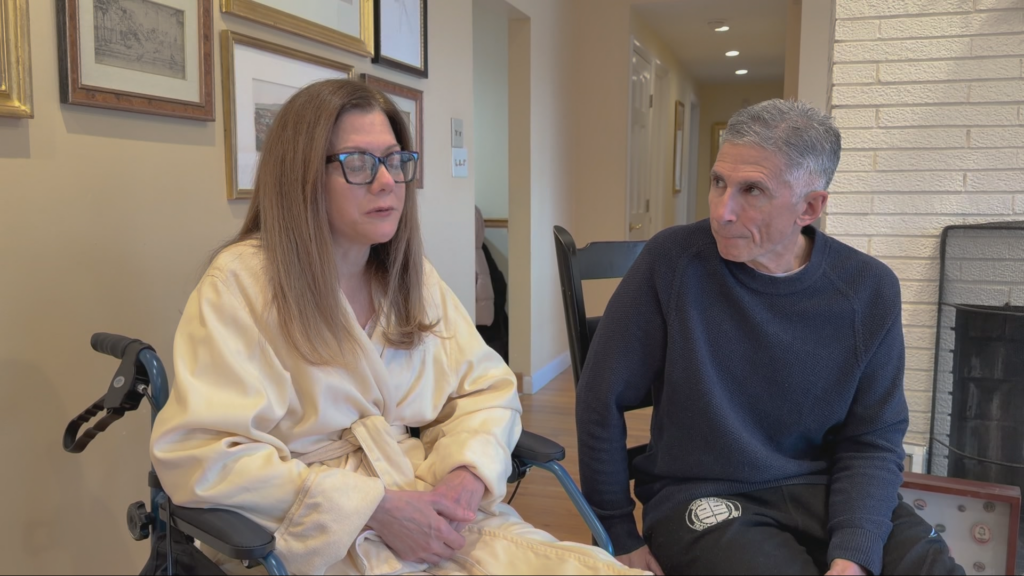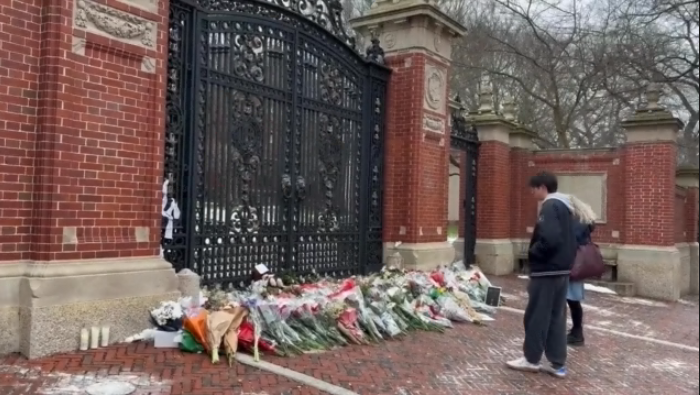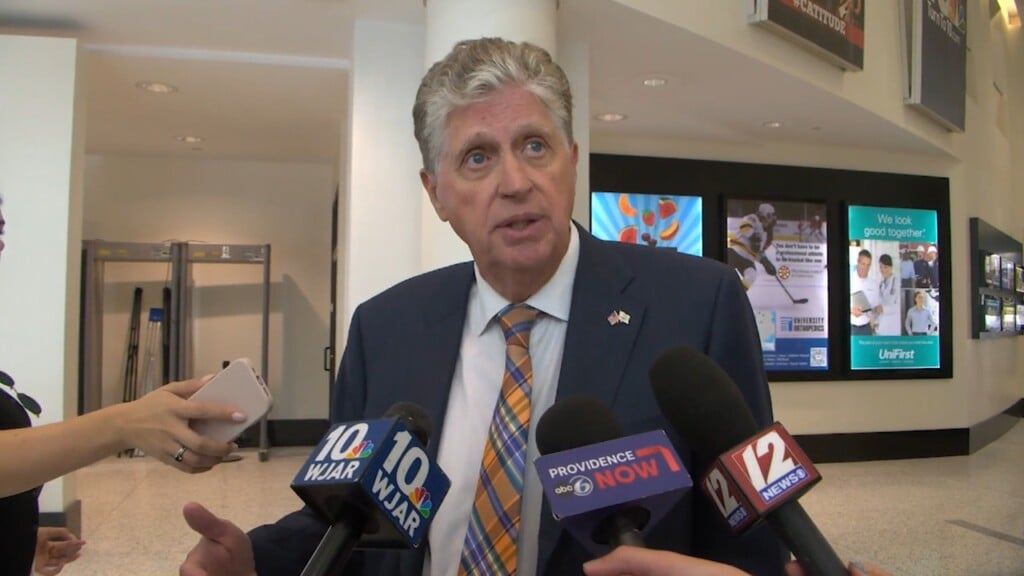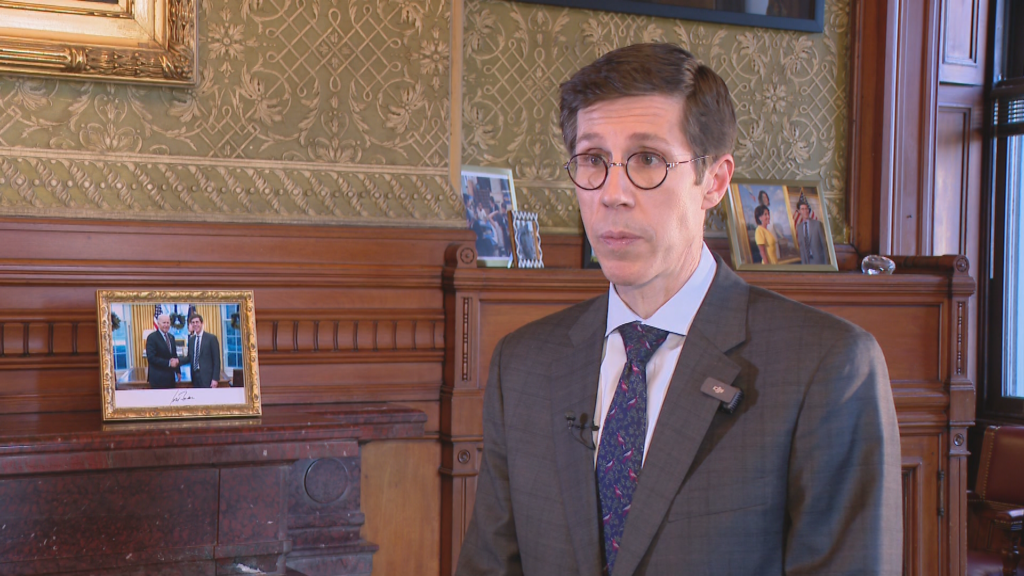Rhode Island to remove “plantations” from all state buildings
PROVIDENCE, R.I. (WLNE) – Rhode Island officially has a new name.
While the count is unofficial until certified, with 100 % of precincts reporting, it appears voters approved shortening the state’s name and removing “and Providence Plantations”.
Statewide results show 53% of voters approved the change while 47% rejected it. The approval is a historic move that supporters said held connotations to slavery.
The win comes 10 years after the last referendum where Rhode Islanders overwhelmingly rejected it.
State Representative Anastasia Williams who advocated for the change says the approval shows Rhode Island has come a long way.
“It means that we took a giant step forward with regards to inclusiveness, participation and justice for all,” Rep. Williams said. “Many people say it’s not a big deal, but it is a big deal. It may be little to some, but it’s monumental to many of us.”
The words “and Providence Plantations” are found on the bronze state seal on the floor of the state house, outside on the front of the capitol and across the street on the old registry of motor vehicles.
Rep. Williams says it will take some time, but it’s imperative the phrase is removed.
“That word has taken on a different life and a different meaning in today’s society and if it hurts, you don’t want it to hurt people,” Rep. Williams said. “If it hurts a group of people, you will want to take that pain and ugliness, that saltiness away.”
In June, the Governor signed an executive order to remove the word “plantations” from future executive orders, citiations and the Governor Office’s website. It also instructed agencies under the Governor’s control to remove the word “Plantations” from their websites and letterhead and replace it with an alternative state seal.
According to the Department of Administration, Question 1 passing on Tuesday solidified this movement of removing “and Providence Plantations” from the State’s official name.
Now, the Division of Capital Asset Management and maintenance will work to record all instances where the words are inscribed on state property to make necessary steps for removal.
While many have voiced their disapproval for the change saying it erases a piece of history, Rep. Williams says she looks at it a different way.
“The name change is in no way to change, eradicate history as its been,” Rep. Williams said. “It adds to the history that has been. The change that is now in play is a positive one.”
ABC 6 News also asked the Department of Administration how much it’ll cost to remove the words off of state buildings. A spokesperson said they don’t know that yet and that once DCAMM identifies all the spots it is located, they will determine the cost.



